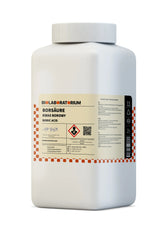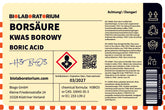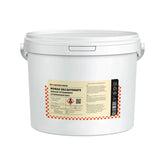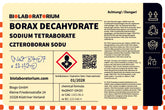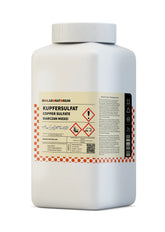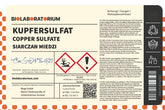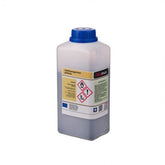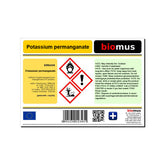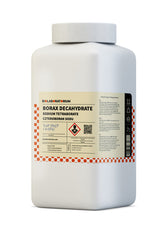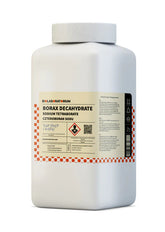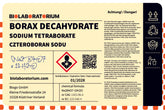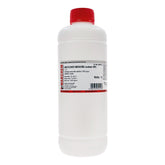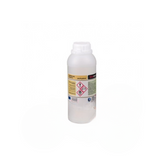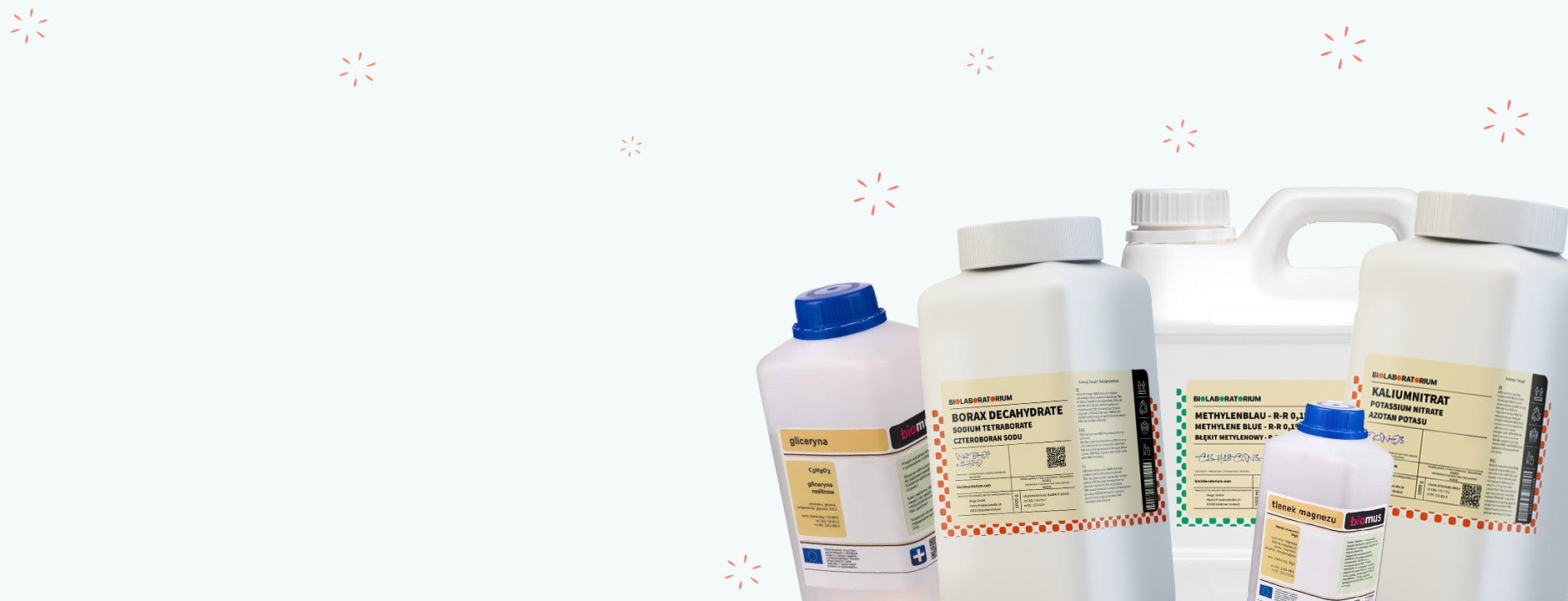Thiosemicarbazide: Chemical Properties and Safe Application
Thiourea, also known as sulfur urea, is a versatile chemical compound with a variety of applications in industry and household. In this blog post, we will take a closer look at the chemical properties of thiourea and discuss how this substance can be used safely and effectively.
Chemical Properties of Thiourea
Thiourea is an organic compound with the molecular formula CH₄N₂S. It consists of one carbon atom, two nitrogen atoms, and one sulfur atom. Thiourea is a crystalline, white solid that is soluble in water and has a slightly sulfurous odor.
The molecular structure of thiourea is planar and features a double bond between the carbon and sulfur atoms. This structure gives the compound a high polarity, which explains its solubility in water and other polar solvents.
Thiourea is thermally relatively stable and melts at about 182°C. However, at higher temperatures, it decomposes releasing hydrogen sulfide (H₂S), a toxic gas with a characteristic rotten egg smell.
Applications of Thiourea
Due to its diverse chemical properties, thiourea is used in numerous industrial sectors and household applications:
Industrial Applications
- Electroplating: Thiourea is used as a complexing agent in electroplating baths to improve the deposition of metals such as copper, nickel, or chromium.
- Photochemistry: In the photographic industry, thiourea serves as a reducing agent in developer solutions for black-and-white photographs.
- Textile Finishing: Thiourea is used in the production of dyes and pigments for textiles.
- Plastic Manufacturing: As a crosslinking agent, thiourea is used in the production of epoxy resins and other plastics.
Household Applications
- Cleaning Agents: Thiourea is used in cleaning products such as dishwashing detergents, laundry detergents, and degreasers because it reduces the surface tension of water, thereby improving cleaning performance.
- Pest Control: Products containing thiourea can be used to combat pests such as ants, cockroaches, or mice.
- Cosmetics: In small amounts, thiourea is used in cosmetic products such as creams, lotions, or shampoos because it makes the skin soft and supple.
Safe Handling of Thiourea
Although thiourea can be used safely in many applications, caution is required when handling it. Thiourea is toxic if ingested in large amounts and can cause irritation to the skin and mucous membranes.
When handling thiourea, the following safety measures should be observed:
- Personal Protective Equipment: When handling thiourea, protective gloves, safety goggles, and, if necessary, a respiratory mask should be worn.
- Storage: Thiourea should be stored in a cool, dry, and well-ventilated place to prevent decomposition and the release of hydrogen sulfide.
- Disposal: Unused thiourea must be disposed of as hazardous waste. Disposal via household waste or sewage is not permitted.
- First Aid: In case of contact with thiourea, the affected area should be rinsed immediately with plenty of water. In case of ingestion or inhalation, seek medical help immediately.
By observing these safety instructions, thiourea can be used safely and effectively in industry and household. However, as with all chemical substances, caution and care are required when handling it.
Conclusion
Thiourea is a versatile chemical compound with numerous applications. From electroplating to cleaning agents, thiourea offers many uses due to its special properties. However, handling this substance requires special safety measures due to its toxicity. By following the appropriate precautions, thiourea can be used safely and effectively.

